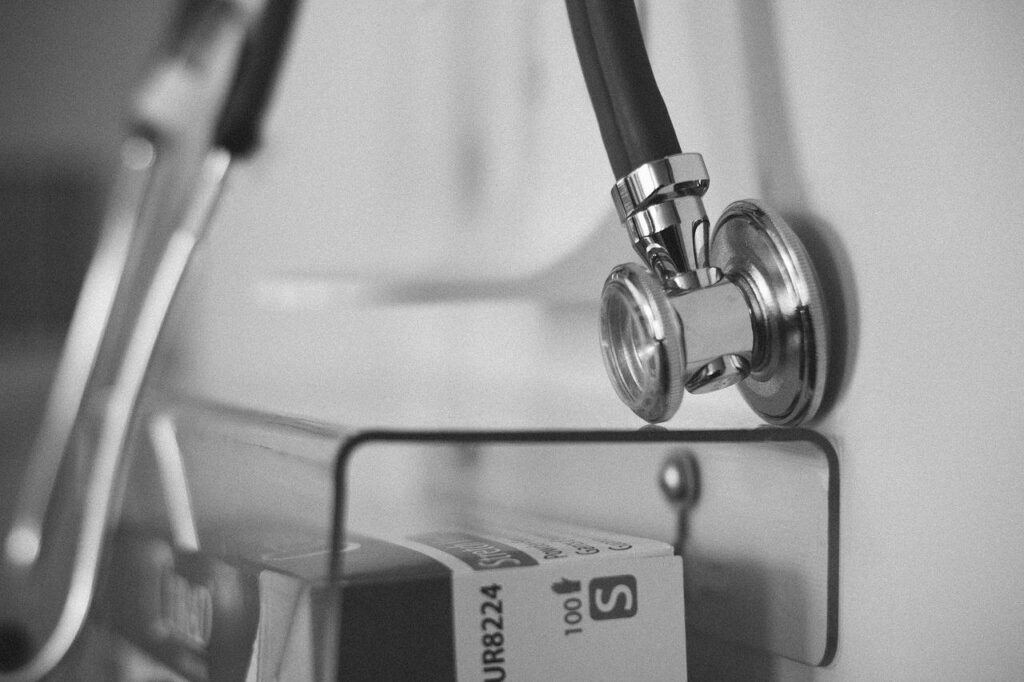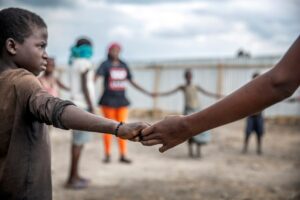A few days ago, cancer snatched the young and most promising life of 36-year-old Wilbroad ‘Mumo’ Kahigi Peter, my Tanzanian son and very dear friend. Despite the numerous chemotherapy and various impeccable treatment sessions that he received at the Nairobi hospital, Aga Khan and Muhimbili hospitals, he eventually succumbed to this dreaded disease.
Tragically, everyday thousands of Kenyan families battle with cancer, often unsuccessfully. According to the Ministry of Health nearly 80% of cancer patients in Kenya are diagnosed at an advanced stage when cure is almost impossible. Even those reported 10,000 Kenyans who travel abroad annually to seek treatment do so because of insufficient local diagnostic and treatment facilities.
The new Health Cabinet Secretary Susan N. Wafula has her work cut out for her. She must figure out bold transformative leadership that will deliver quality healthcare to many Kenyans that cannot even afford treatment locally.
I recently seized an irresistible comprehensive medical check-up offer through the Thai Embassy in Kenya. The well thought out deal invited my family as medical tourists to Bangkok for eleven medical examination items that saw us go through 33 laboratory test items. Accordingly, I combined a business trip to this Southeast Asian country with the medical checkup.
The checkup was at Phyathai International Hospital which is located in Bangkok’s Sanam Pao district. Founded in 1987, this hospital Group has grown to become one of the five largest hospitals in Thailand. Every day, about 2,500 medical tourists from all over the world are treated there.
We arrived at the hospital for check-up at 7.35 AM. Within ten hours, the courteous and professional hospital staff had conducted on 33 lab preferred tests to examine vital signs and physical checks, eye screening–visual acuity, Bone densitometry, electrocardiogram (EKG), chest x‑ray, CTA (64 slides) abdominal ultrasound; HPV and Pap test, Digital mammogram among other complicated tests. The tests cost far less in Thailand compared to Kenya and other parts of the world.
Thankfully, our tests didn’t unearth serious medical issues. But they drove home a point that Kenya needs to seriously consider – preventive healthcare is ultimately cheaper and more lifesaving than curative healthcare. The doctors who attended to us advised on some preventive measures that we can take to thwart some ailments from sneaking up on us.
Preventive healthcare is a low-hanging fruit that the Ruto Administration must seize. At the government level, there is need to return to the aggressive health campaigns that characterized the corona peak seasons of 2020 – 2021. However, these campaigns should now encompass all chronic diseases.
Simple things like consuming more African Leafy Vegetables and walking more can lower cancer risk. There are of course cases of very active people like my departed son Wilbroad, who was an avid jogger, still contracting cancer. All the more reason for the Government to drastically accelerate rollout of diagnostic and treatment facilities in all the 47 Counties. But because that will take time and heavy investment, I suggest the Government instantly invests in preventive healthcare.
According to the United Nations Office on Drugs and Crime every dollar spent on prevention can save Governments up to ten dollars in later costs. The new Health CS Wafula should hang this statistic at a prominent location in her office. The starting point in this preventive direction is sufficient and healthy food for all Kenyans. The World Bank reported a few months ago that the high cost of living pushes one out of every three households in Kenya to sleep hungry. To make matters worse, the current drought has left 4.1 million Kenyans without adequate access to food and water. This is unacceptable.
Indeed, the most powerful preventive care is to ensure that every single Kenyan can access clean, sufficient water and adequate, healthy food. Meanwhile, rest in peace my son Wilbroad. Think green, act green!



